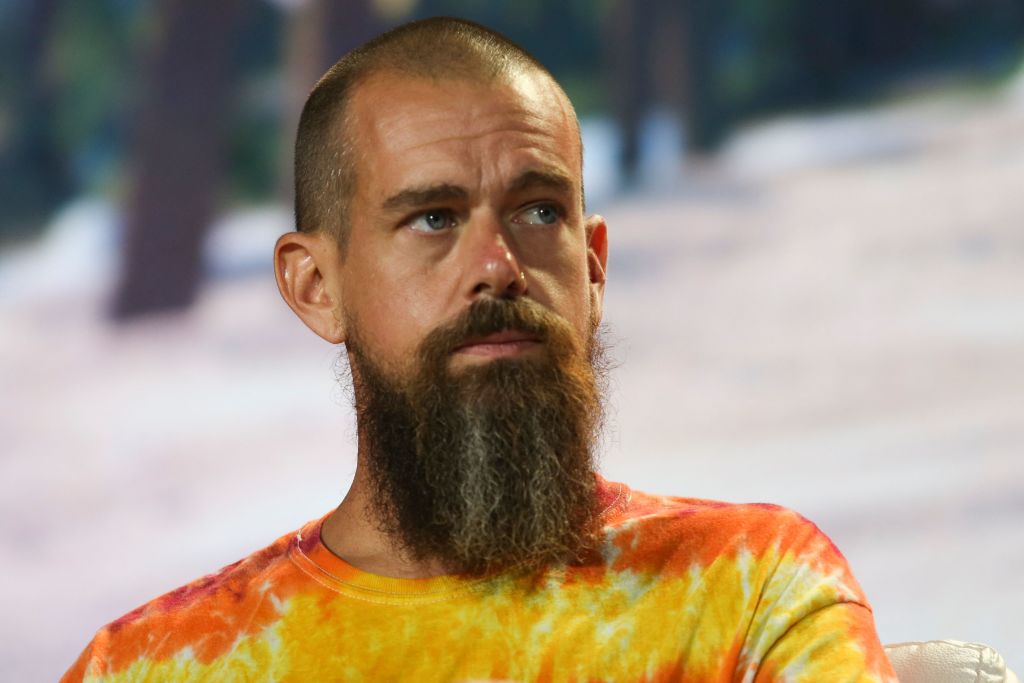Jack Dorsey, co-founder of Twitter (now X) and Square (now Block), sparked a weekend’s worth of debate around intellectual property, patents, and copyright, with a characteristically terse post declaring, “delete all IP law.”
X’s current owner Elon Musk quickly replied, “I agree.”



This isn’t as forward thinking as you’d want it to be.
For as much as they are abused, “IP laws” protect small and individual inventors, writers, composers, etc.
With no patent, copyright or trademark protections the billionaires will own or bury everything.
What is needed is to bring the laws back to their intended purpose.
Fundamentally it should be an attribution and reward system, whereas currently it’s a false scarcity system.
Everyone should be able to use everything, but you should be required to attribute your source material. If you do, the song / work etc should get an extra licensing fee per play. That way you’re always encouraged to provide attribution since you don’t lose money from it, and wholly original works will be cheaper and thus more desirable.
Not dissimilar to how song sampling works today but without all the manual negotiation for every license.
And if you fail to provide attribution you get hit with appropriate penalties.
The problem with attribution is the difficulty of 1000% accurate compliance.
If you grab 100 lines of code from a repository, or five paragraphs from a story, there’s probably a claim there. If you grab a single word, there’s probably not. But in the middle, there’s a paralysis of uncertainty-- is n lines similar enough to create liability? Can you remember where you saw what reliably? You end up with a bias towards “over-attribution” and it becomes difficult to pare it back. Does everything need a full Git-style commit history? Are we forever stuck keeping a credit on a project because it’s difficult to prove you’ve fully scrubbed their contributions?
Focus on how we pay artists (ideally lush grants) and forget about credit. Maybe establish a culture where it’s voluntary and acceptable-- that people feel that they’re allowed to cite their raw materials, and reuse doesn’t make the work lesser-- but don’t try to use the courts to force people to try to remember and track where they saw something when they just want to create, or it creates a hostile environment.
That conundrum already exists with the current system, though.
It’s not an easy system but it doesn’t seem any more arduous to say “you can copy X for a fee” vs “you can’t copy X at all.”
It’s easier just to price in the fee than having to shut down or retool a project.
Aren’t there already pretty specific laws about what amount of a work can be copied before it’s plagiarism?
Not that I’m aware of.
That last sentence is it. IP laws are outrageous monstrosities these days, with folks like Disney getting 100-year long exclusive IP rights to characters and stuff like the DMCA.
But how much do IP laws actually protect the little guy? When a large corporation can bankrupt me by prolonging litigation until I have nothing left, what leverage do I really have?
There are certainly cases where small creators and inventors were able to overcome this disadvantage, but I suspect that they are the tiny minority, celebrated when they do achieve it.
The imbalance against giant corporations isn’t anything to sneeze at, but there are just as many (probably more) small time companies breaking copyright law and hoping nobody notices. For example, stealing artwork to print on cheap crap that you sell below what the creator is selling them for. If they’re in an area that recognizes that copyright then they’re going to lose every time, and they’re not going to have enough money to drag it out. After that happens artists can recover all the earnings that were made with their work. Without that the artist is just fucked.
“Whatabout…”
The reason IP exists isn’t a whatabout, it kinda sounds like you just don’t want to hear about anyone other than giant corporations benefitting from it.
Do they? Or do they protect the huge companies that those people have to assign their IP to?
Trademark protection - yes, it’s very important. Same as authorship vs copyright, copyright might be harmful, but authorship is necessary to protect.
If “delete all IP law” means that you can’t be sued for using something copyrighted, like, say, openly using Opera Presto leaked sources or making a Nintendo console emulator, and that you can’t be sued for rounded corners, and that you can’t be sued for using some proprietary hardware interface without royalties, - then it may be good.
But I think these people are after copyleft.
Still, interesting, how many different people are today implementing what was being discussed in very vague strokes 10-15 years ago. All of it at the same time, breaking everything. I mean really all of it. Signal is one of the common ideas, Musk’s DOGE is another, federation model being alive again is another, and all the ghouls around. A full Brazilian carnival of grotesque ideas. I want my childhood back (Signal is cool, but the rest is not).